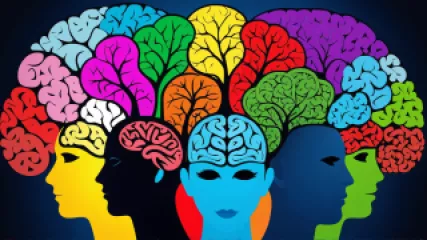Top 5 Emotional Intelligence Basics for Managing Emotional Responses
1 year ago
Emotional Intelligence Basics
Understanding the Psychology of Belief Formation
1 year ago
Psychology of Belief
Exploring the Psychology Behind Superstitions for Improved Psychological Well-being
1 year ago
Psychology Behind Superstitions
Understanding Attachment Styles in Counseling: A Research Summary
1 year ago
Attachment Styles
How can psychology of eating impact nutrition and mental well-being?
1 year ago
Psychology of Eating
Top 10 Strategies for Dealing with Unmet Expectations
1 year ago
Dealing with Disappointment
Expert Insights: Overcoming Guilt with Online Guidance
1 year ago
Resolving Guilt
The Power of Online Dream Coaching: A Personal Perspective
1 year ago
Dream Interpretation
Recognizing and Overcoming Cognitive Distortion Types in Daily Life
1 year ago
Cognitive Distortion Types
Overcoming Social Anxiety: My Journey to Discover Effective Management Techniques
1 year ago
Social Anxiety
The Power of Apologies: A Step-by-Step Guide to Understanding the Benefits
1 year ago
Psychology of Apologies
Top 10 Goal Setting Strategies for Success
1 year ago
Goal Setting Strategies
Effective Strategies for Managing Stress: A Step-by-Step Guide
1 year ago
Stress
How to Prepare for Online Family Therapy Sessions
1 year ago
Family Therapy
How to Overcome Homesick Feelings: Your Ultimate Guide
1 year ago
Coping with Homesickness














